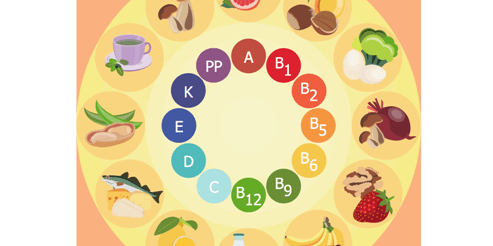Research-based health claims help the companies to build the brands, as they are more trusted by the consumers.
Health claims are the declarations made by the companies about their products (such as pharmaceutical products, dietary supplements, herbal products, ayurvedic products, nutraceuticals, etc) on the basis of scientific research.
As consumers play a major role in providing strength to the product, it clearly needs to gain the trust of the consumers. This can be accomplished by generating research evidence and building health claims.
From ingredients of the product to its health benefits, the claim can be made for anything through Clinical Trials.
Besides clinical trials, animal studies (preclinical studies) also help to support the health claim. The claim for a product can be placed under any of the fields given below:
- Functional claims:
This claim is related to the beneficial effect of the product on the normal well-being of the person. But one cannot claim for the treatment of a specific disease. These claims just include the effect of the product on the physiological and psychological health of humans.
i.e, as observed from a clinical trial, specific nutrients of a food product (which have been studied) have the capability to provide growth and energy to a person.
- Therapeutic claims:
These claims include the effect of a particular component of the product (bioactive component) in treating a disease, as proved by a clinical trial. These claims show the direct link between the bioactive component of the product and its therapeutic effect on the body. So, clinical studies providing proof for the therapeutic effect of the product help to openly claim the efficacy/safety of the product in humans to treat a disease.
i.e, one can claim that your anti-diabetic product is highly effective in treating diabetes as it has been proved in a clinical study on diabetic patients.
- Disease risk reduction claims:
It is common these days that unhealthy dietary habits lead to an increase in the risk of a specific disease. But, during a clinical study, if a product has been proved that its components are very healthy to be consumed or they do not increase the risk of diseases, then, it can be claimed openly for the product.
i.e, by doing the clinical study, you can claim that your product is either rich in some nutrients or specific bioactive components which help to lower the risk of a disease or you can also claim that your product is free of some unhealthy components (such as unhealthy fats) that it can help to lower the risk of heart disease. All these kinds of claims are covered under this category of ‘disease risk reduction claims’.
- General health claims:
The products can also be claimed for their consumption in a healthy manner or according to a specific dietary guideline which can be generated by doing clinical trials on that product. Clinical trials help to evaluate these dietary guidelines or patterns to consume the product.
i.e, you can claim that your food supplement will give its maximum effect if it is consumed once, twice, or thrice in a day (depending upon the results of your clinical study).
Validated scientific proofs help to advertise or market their product under any of the claims listed above.
You can advertise your product with a specific claim if you have scientific proof for it. Once you have done the clinical trial for your product, you can claim it, market it, advertise it and you can also label it with the claim.
The research data can be published in National and International Journals of high impact. Claimed products with research articles also attract the attention of the doctors & give them the confidence to prescribe the product. More is the prescription of product more will be the awareness about the product & better accepted it will be by the doctor as well as the end consumer.

